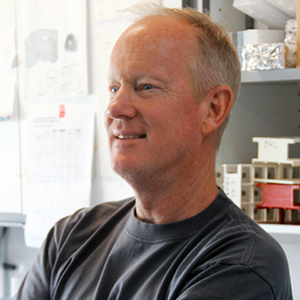The STEP HIV vaccine trial, which evaluated a replication-defective adenovirus type 5 (Ad5) vector vaccine, was recently stopped. The reasons for this included lack of efficacy of the vaccine and a twofold increase in the incidence of HIV acquisition among vaccinated recipients with increased Ad5-neutralizing antibody titers compared with placebo recipients. To model the events that might be occurring in vivo, the effect on dendritic cells (DCs) of Ad5 vector alone or treated with neutralizing antiserum (Ad5 immune complexes [IC]) was compared. Ad5 IC induced more notable DC maturation, as indicated by increased CD86 expression, decreased endocytosis, and production of tumor necrosis factor and type I interferons. We found that DC stimulation by Ad5 IC was mediated by the Fcgamma receptor IIa and Toll-like receptor 9 interactions. DCs treated with Ad5 IC also induced significantly higher stimulation of Ad5-specific CD8 T cells equipped with cytolytic machinery. In contrast to Ad5 vectors alone, Ad5 IC caused significantly enhanced HIV infection in DC-T cell cocultures. The present results indicate that Ad5 IC activates a DC-T cell axis that, together with the possible persistence of the Ad5 vaccine in seropositive individuals, may set up a permissive environment for HIV-1 infection, which could account for the increased acquisition of HIV-1 infection among Ad5 seropositive vaccine recipients.
Activation of a dendritic cell-T cell axis by Ad5 immune complexes creates an improved environment for replication of HIV in T cells
Perreau, M.; Pantaleo, G.; Kremer, E. J.
2008
J Exp Med
2008-11-24 / vol 205 / pages 2717-25
Abstract
jem.20081786 [pii] 10.1084/jem.20081786
1540-9538 (Electronic)
IGMM team(s) involved in this publication

Eric J Kremer
Adenovirus: receptors, trafficking, immunogenicity & vectorology
Tags
Humans; Cells, Cultured; Coculture Techniques; Signal Transduction/physiology; Lymphocyte Activation/*immunology; *Adenoviridae/genetics/immunology; *HIV-1/genetics/physiology; Antigen-Antibody Complex/*immunology; Antigens, CD86/immunology; Cytokines/immunology; Dendritic Cells/cytology/*immunology; Receptors, IgG/immunology; T-Lymphocyte Subsets/immunology; T-Lymphocytes/cytology/*immunology; Virus Replication/*physiology
